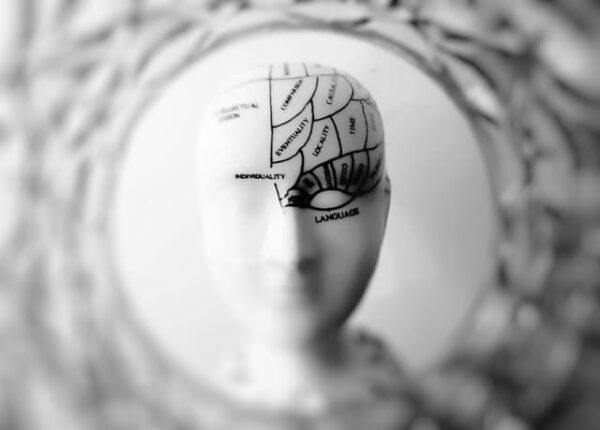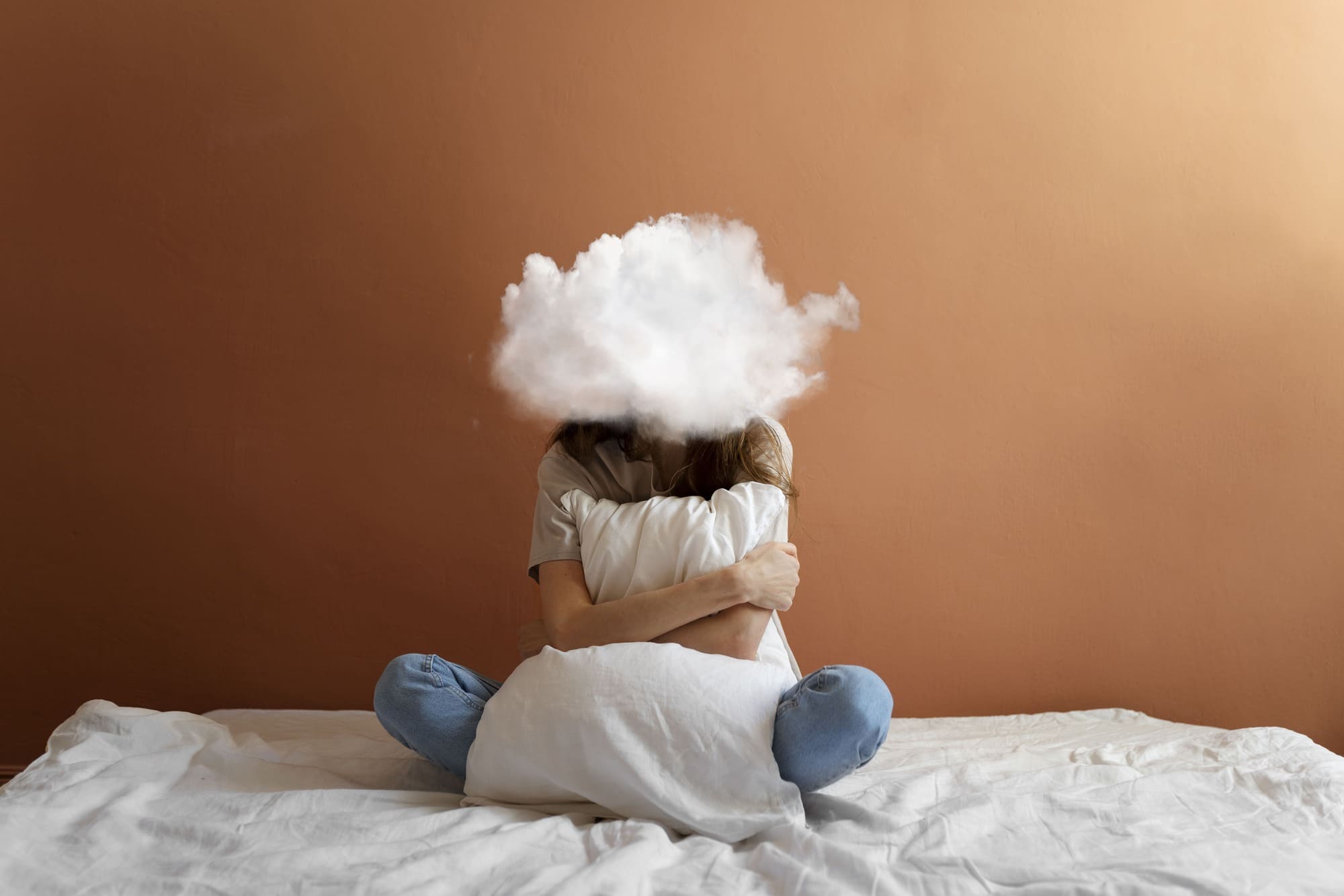Categoría: Anxiety,Depression
Etiquetas: #behavior, #brain, #covid19, #mentalhealth, #studies
More content you may find interesting
Much has been said about the psychological and socioeconomic consequences of the COVID-19 pandemic. Social isolation, economic impact, the disease itself (whether it affects us or our loved ones), or the fear of falling ill can have a significant emotional impact.
 However, less attention has been paid to the role of the virus itself on the nervous system and the psyche.
However, less attention has been paid to the role of the virus itself on the nervous system and the psyche.
A recent article published in Medscape focuses on this issue, and I intend to summarize it below. The title of the article, for those who want to read it in detail, is “What is the neuropsychiatric future of patients who have had COVID-19? – Medscape – Jul 21, 2020.”
On one hand, the author distinguishes neuropsychiatric symptoms directly resulting from the virus infection, and on the other hand, those resulting from treatments and hospitalization to combat the infection.
It has been observed that patients infected with SARS-CoV-2 (COVID-19) can develop symptoms such as headache, fatigue, clouding of consciousness, encephalopathy (inflammation of the nervous system), delirium (loss of contact with reality with hallucinations and delusions, along with fluctuating temporal and spatial disorientation), anosmia (loss of smell), and ageusia (loss of taste).
Some of these symptoms resolve quickly, while others can last for months or even become chronic. This could be the case with headaches, fatigue, clouding of consciousness, neuropsychiatric sequelae such as cognitive impairment, mental disorders such as depression, anxiety, post-traumatic stress disorder, obsessive-compulsive disorders, psychotic disorders, or even demyelinating diseases (neurodegenerative).
On the other hand, one should not forget the possible sequelae or symptoms resulting from hospitalization on the ward or in intensive care, assisted ventilation, or pharmacological treatments such as immunomodulators: corticosteroids can cause depression, psychosis, delirium, mania, hypomania… although these effects usually disappear when the drug is discontinued.





